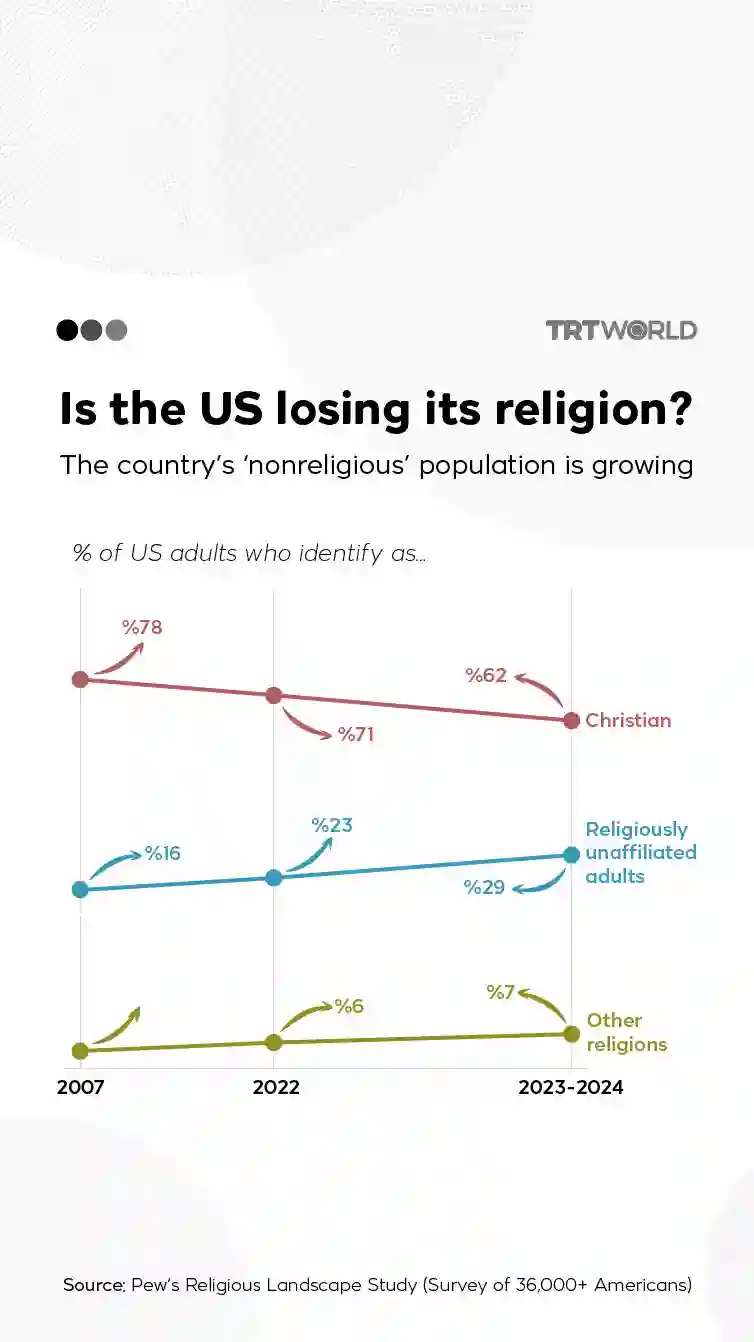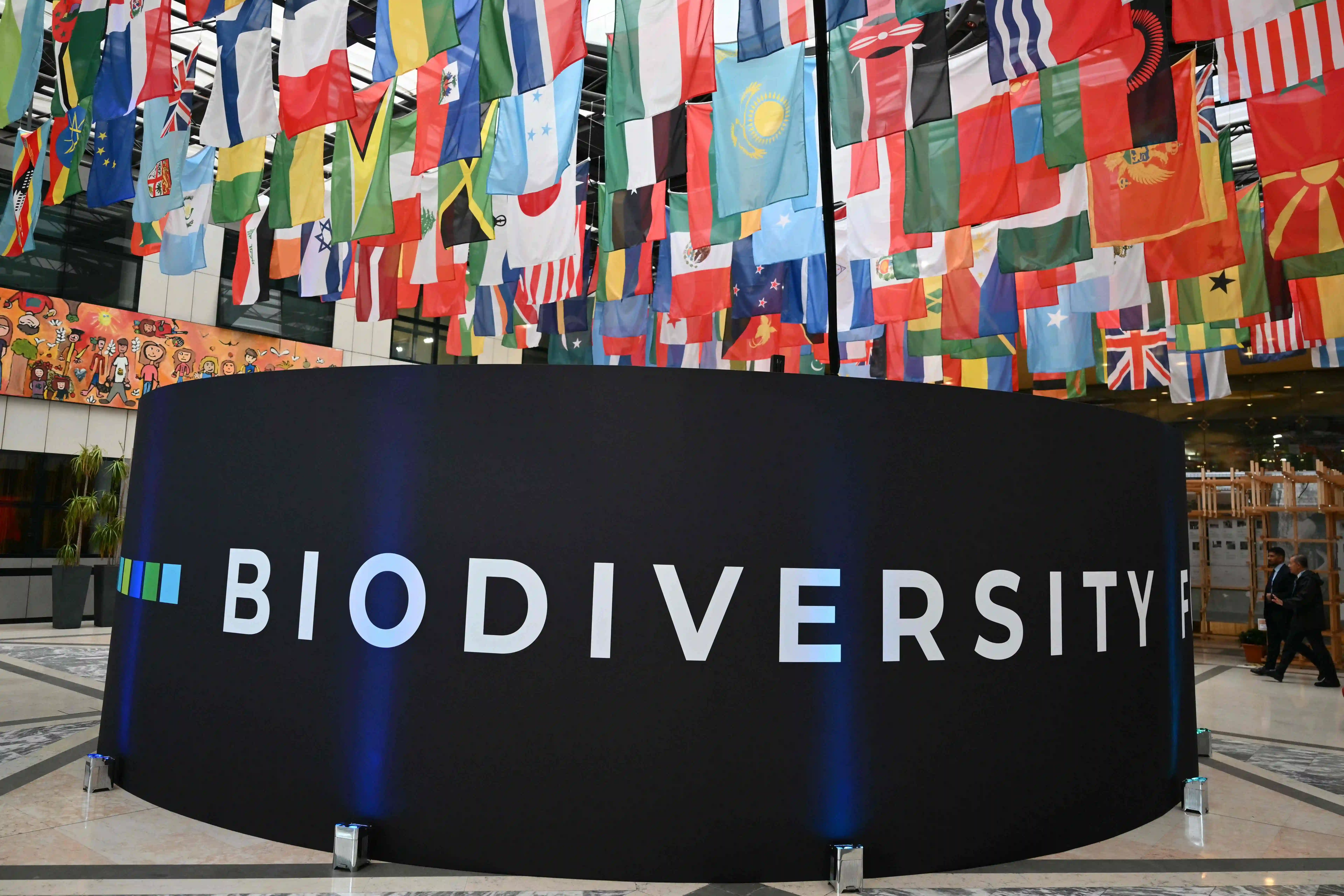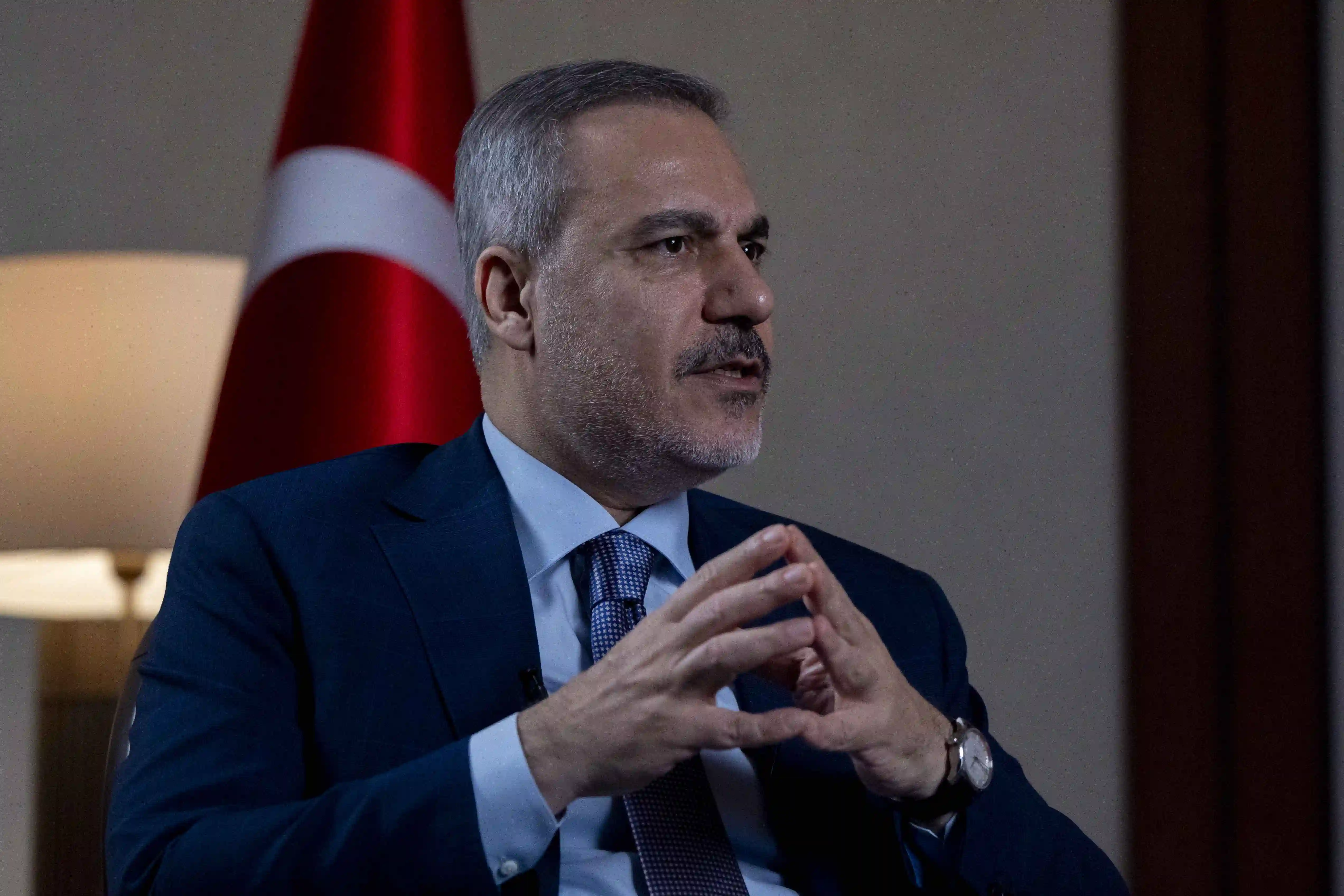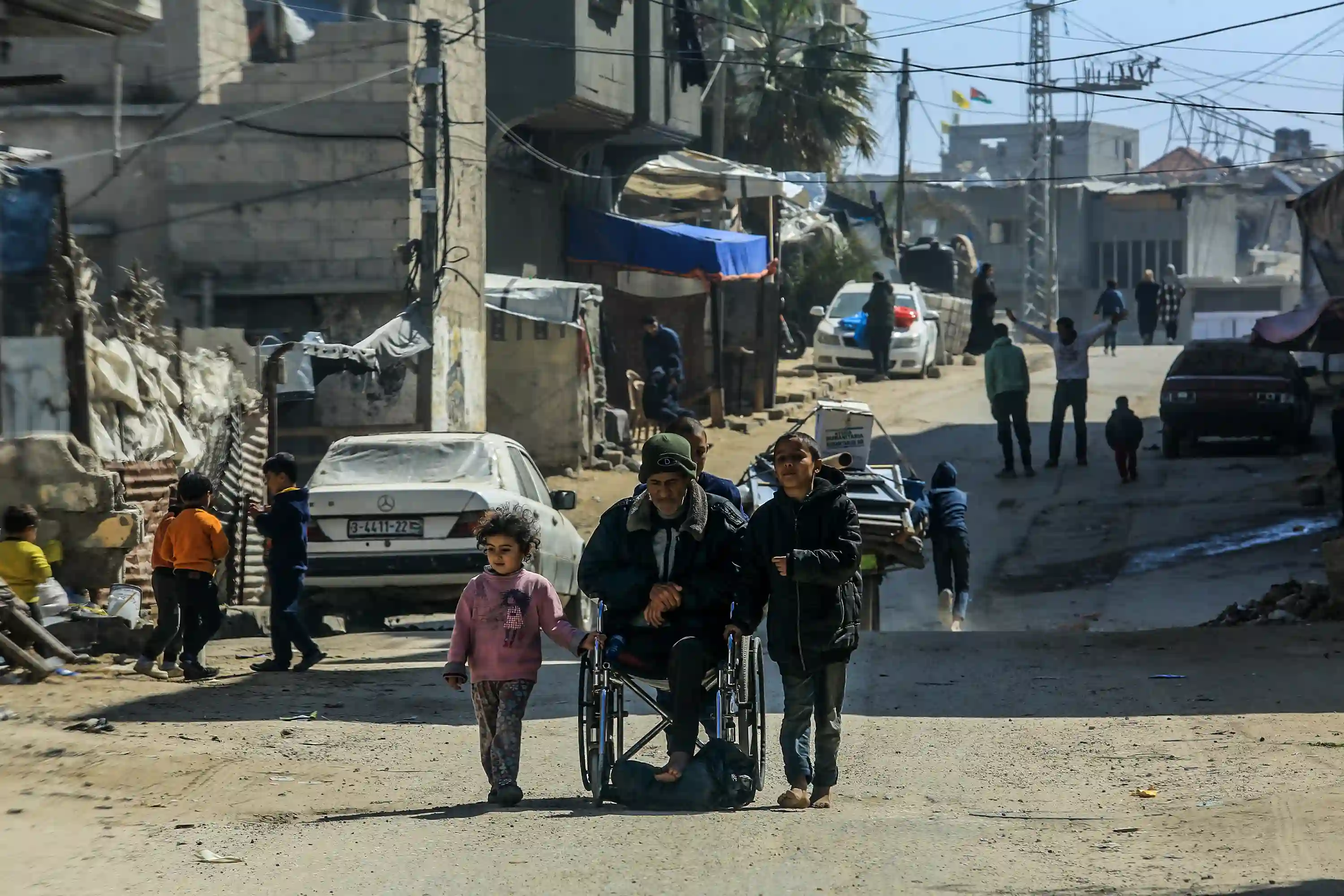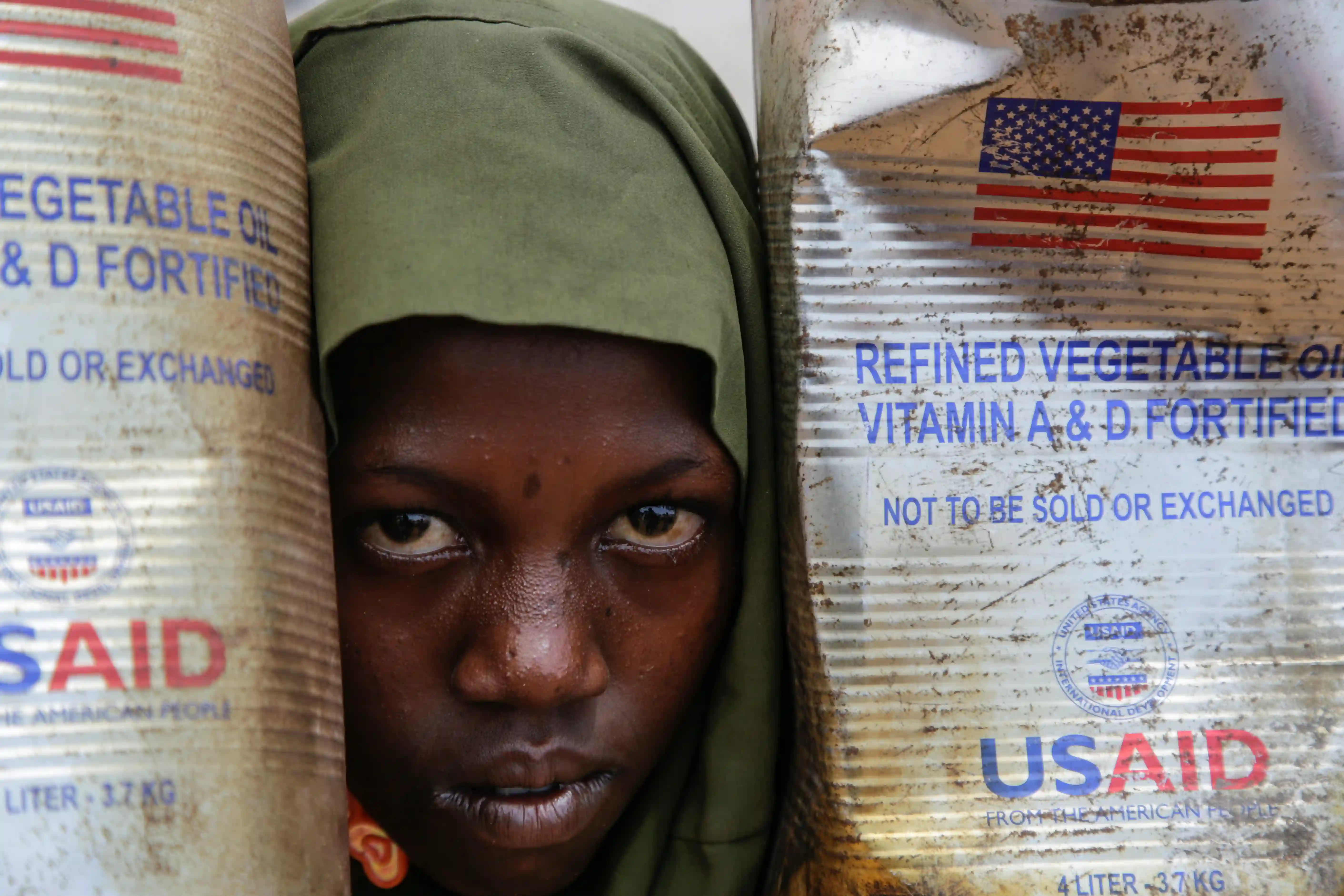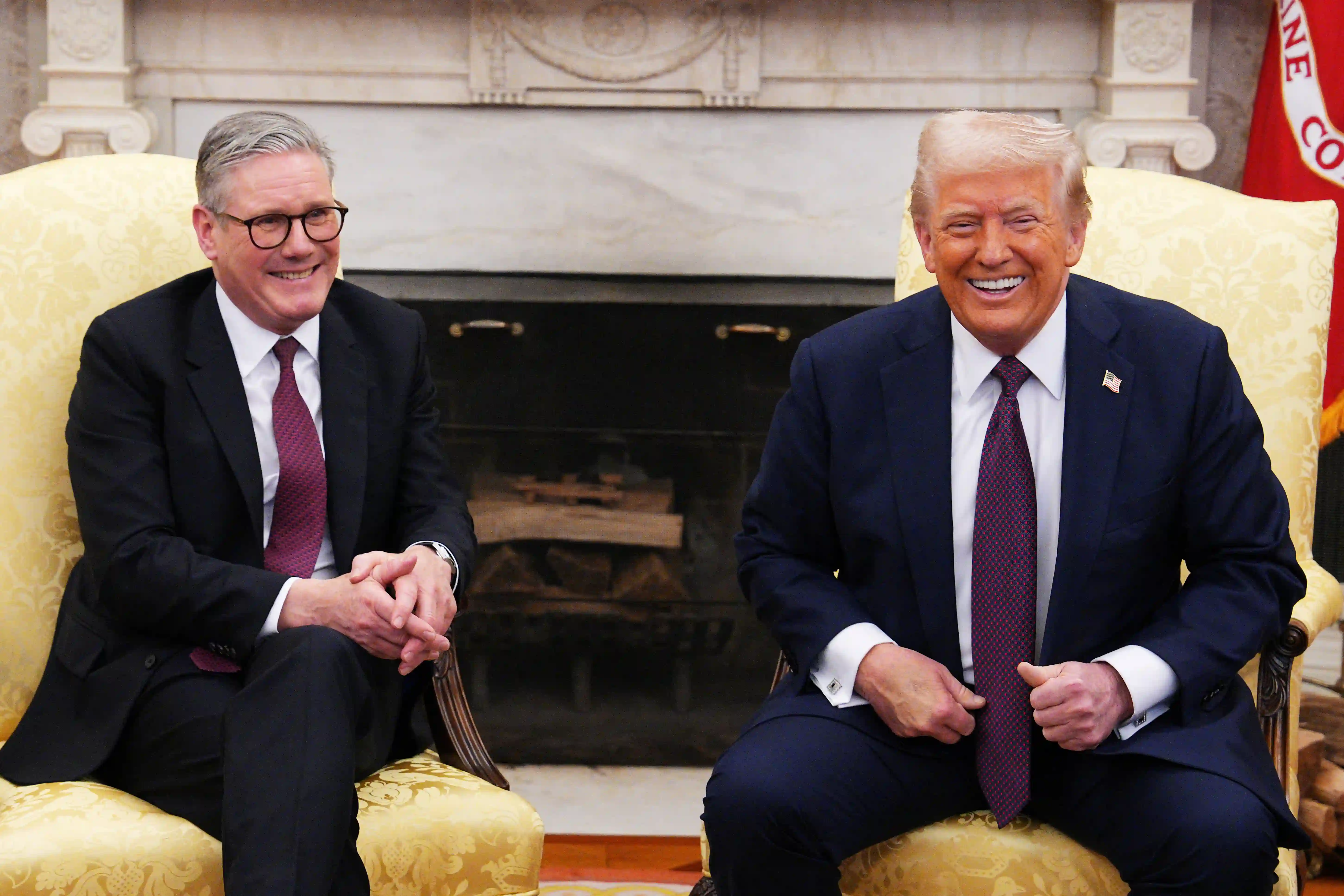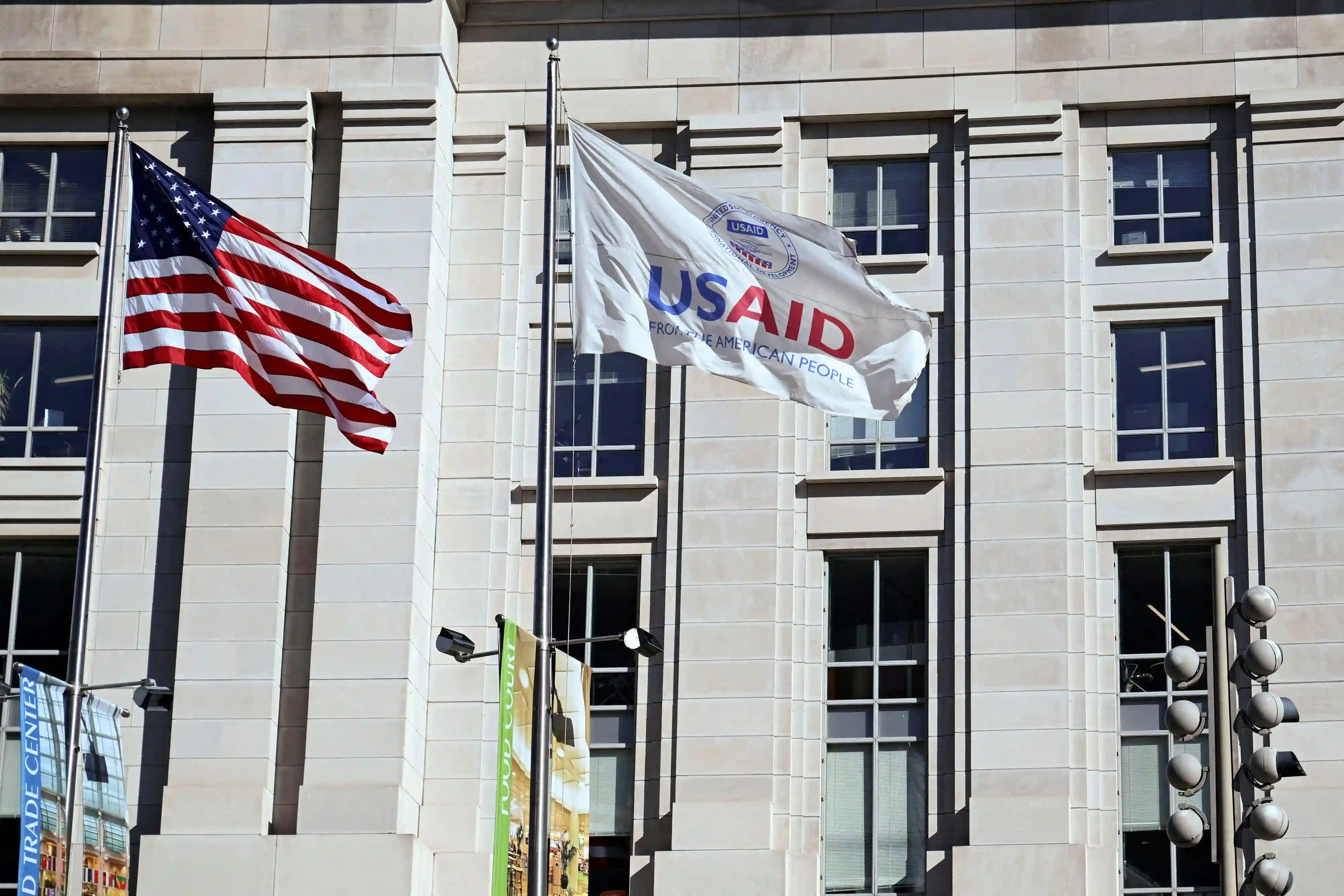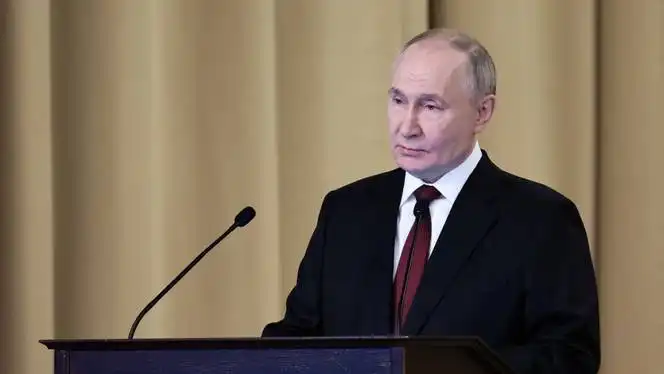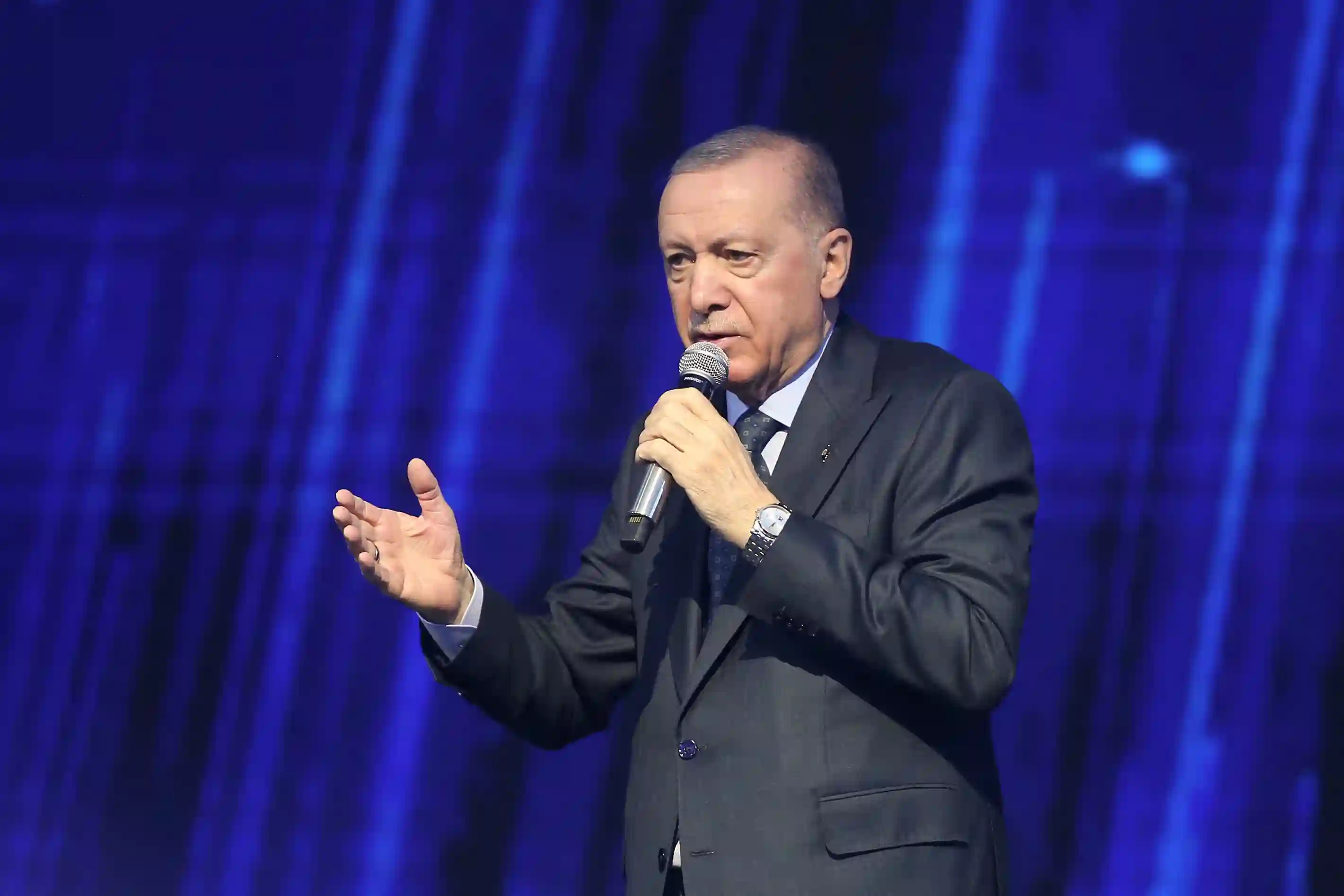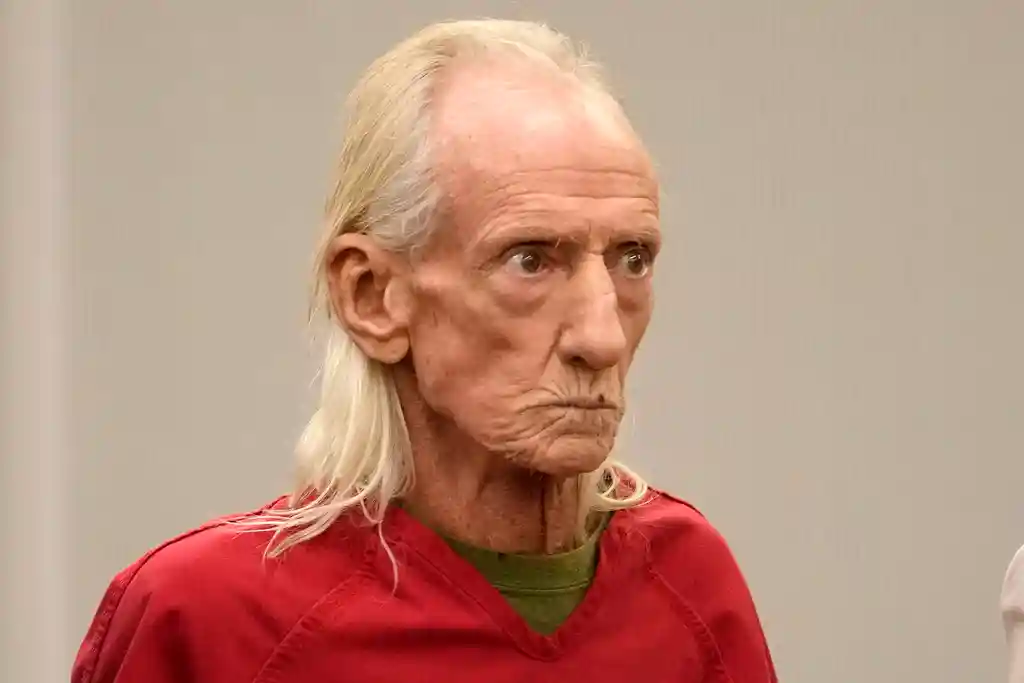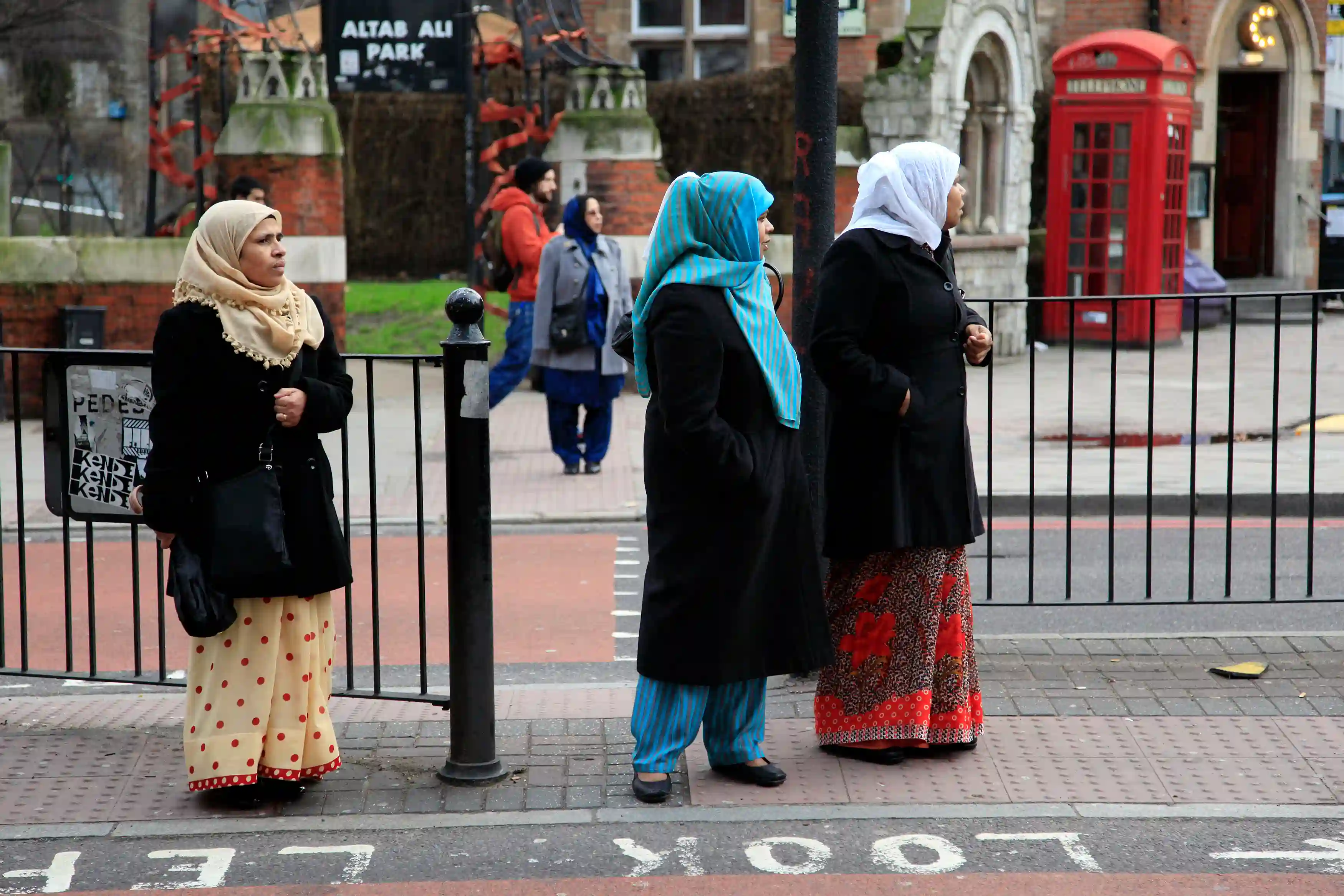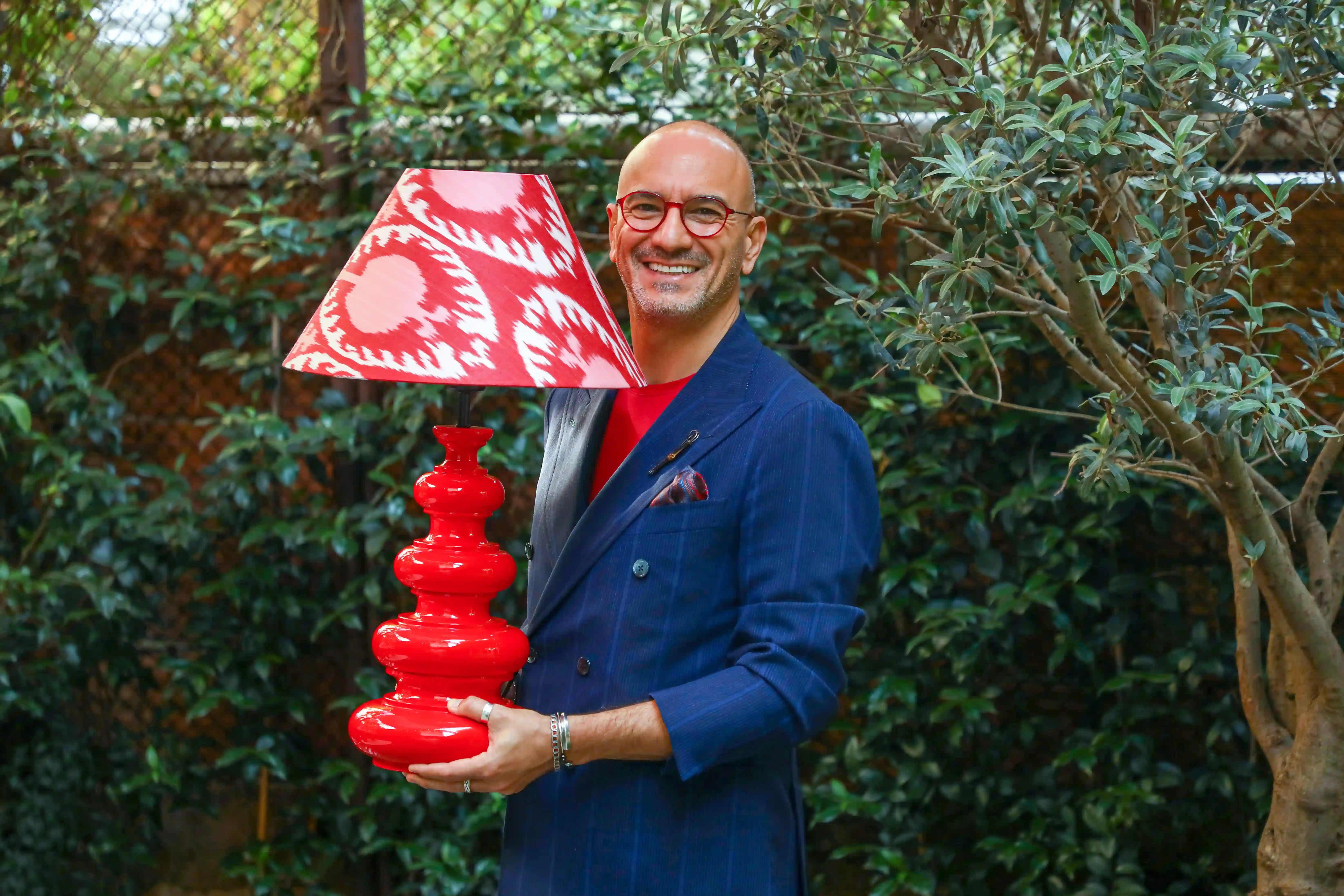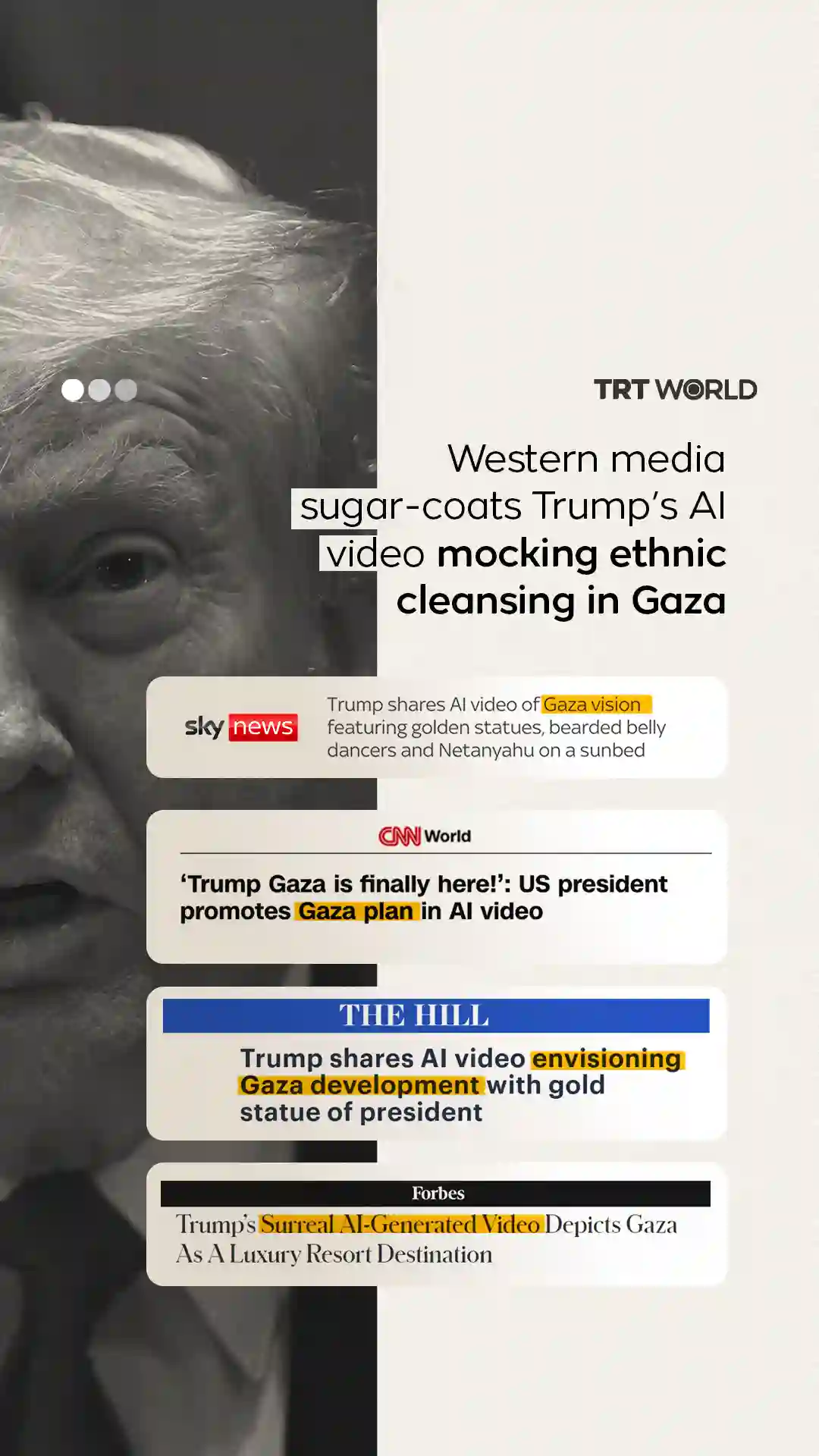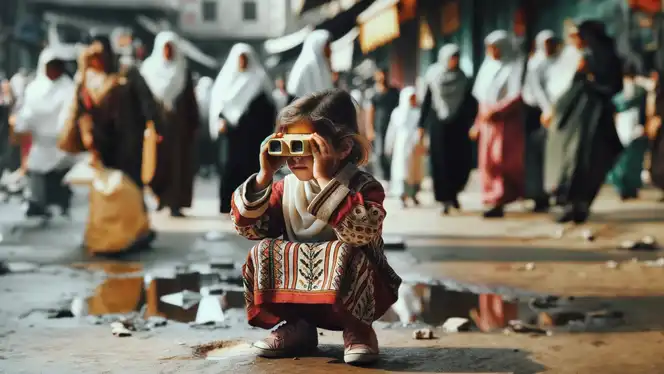Indian Prime Minister Narendra Modi and the European Union have agreed to push for the conclusion of a free trade pact this year, European Commission President Ursula von der Leyen said on Friday.
The visit by von der Leyen, accompanied by leaders of EU nations, comes at a time of rising geopolitical tension, with Brussels and New Delhi set to outline key areas for closer cooperation as part of their strategic partnership.
"We are both looking to diversify some of our most critical value chains," said von der Leyen, who began a two-day visit to India on Thursday.
She called for an "ambitious" trade and investment deal covering industries from batteries and pharmaceuticals to semiconductors, clean hydrogen and defence.
Talks for an India-EU free trade deal resumed in 2021 after having been stalled for eight years, and now cover issues from investment protection to geographical indications.
Opportunity for partnership
The EU is India's largest trading partner in goods, with two-way trade growing about 90 percent over a decade to stand at $137.5 billion in the fiscal year 2023/24.
Speaking at an event in New Delhi, von der Leyen said troubled times offered great opportunities for partnership between India and the EU.
The two leaders had agreed to push to conclude a free trade pact this year, she added.
"We both stand to lose from a world of spheres of influence and isolationism, and we both stand to gain from a world of cooperation and working together," she said, ahead of talks with Modi.
"But I believe this modern version of great-power competition is also an opportunity for Europe and India to reimagine its partnership."
Free-trade talks
The deal had been delayed for many years by New Delhi's reluctance to lower tariffs in some areas, while the European Union proved reluctant to ease visa curbs on Indian professionals.
The EU wants India to lower tariffs by more than 100 percent on imported cars, whiskey and wine, while India seeks greater access for its cheaper drugs and chemicals in the EU market.
India also wants lower tariffs on its exports of textiles, garments, and leather products. It also opposes an EU proposal to fix tariffs of 20 percent to 35 percent from January 2026 on high-carbon goods, including steel, aluminium and cement.
"It won't be easy to conclude the free trade talks unless India agrees to drastically cut tariffs on automobiles and other products that could hit domestic industry," said Ajay Srivastava, of Delhi think-tank Global Trade Initiative.
"The EU would also have to open its markets for Indian products and meet demands on data security and visas," added India's former negotiator in EU trade talks.
US President Donald Trump, who has called India one of the countries imposing the highest tariffs, has threatened a reciprocal tariff by April, although India hopes to clinch a deal with Washington.

